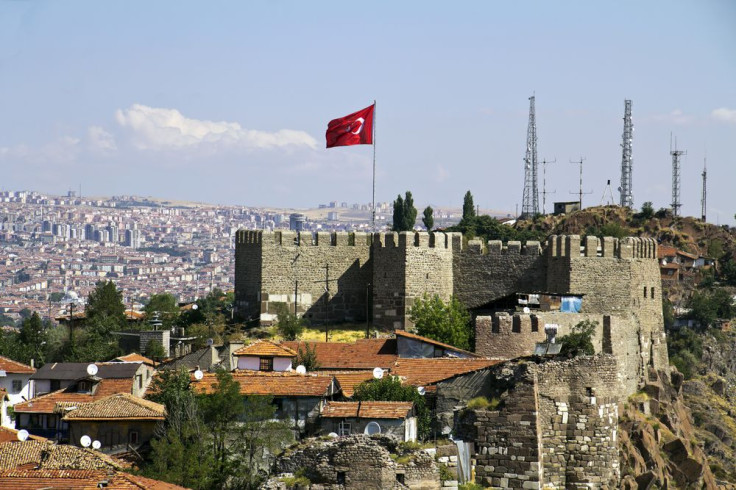Turkey Passes Strict Internet Laws Amid Government Corruption Scandal

As leaked wiretaps and recordings of high-ranking Turkish government officials circulate on the Internet, Turkey’s parliament passed a new law that will allow authorities to block Web pages or entire websites without a court order.
The ruling comes as Prime Minister Recep Tayyip Erdoğan's AKP party is taking heavy criticism for a vast corruption scandal that rocked the country in December.
Recordings related to the corruption scandal have appeared on YouTube, Vimeo, Twitter and other social media sites, in which Erdoğan is said to be making dubious statements. These recordings were often quickly removed or blocked from Turkish Internet users.
Last month, a recording was uploaded to the file-sharing site SoundCloud, in which Erdoğan is said to be discussing easing zoning laws with an industrialist in exchange for two villas for his family. Now SoundCloud is unavailable to Internet users in Turkey, as reported by the New York Times.
Back in June, another recording of Erdoğan exposed his willingness to censor the press. Leaked on YouTube, the recording featured Erdogan demanding thata Turkish news station remove a news ticker he did not like during the Gezi Park protests.
“It is very surprising … There is no need for such things [to be displayed on television],” Erdoğan said to the top manager of the news channel. According to the voice recording, the manager responded to Erdoğan saying, “I will deal with it immediately, sir.”
--
(Note: Ankara Castle photo by Shutterstock.com.)
© Copyright IBTimes 2024. All rights reserved.






















